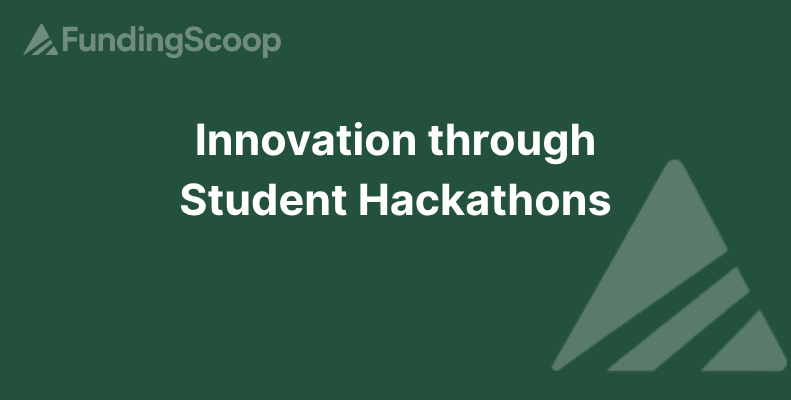
Innovation through Student Hackathons
Marcus Ashford
Educational institutions are increasingly adopting hackathons and similar practical exercises to bridge the gap between academic knowledge and real-world application. Such initiatives foster innovation and collaboration, equipping students with essential skills for future success in a rapidly evolving job market. Partnerships with public bodies and industry leaders are crucial in supporting these efforts, though broader implementation is needed to ensure all students benefit equally.
In a world increasingly driven by innovation and entrepreneurship, educational institutions are adopting new methodologies to equip students with essential skills for the future. A prime example is the recent one-day hackathon hosted by Startup Magazine. Over the span of a single day, 50 students, divided into eight teams, were tasked with developing real-world startup solutions. This event not only challenged participants to apply their theoretical knowledge pragmatically but also encouraged collaboration and creativity — crucial attributes for future success in the business world.
This hackathon exemplifies how educational models are evolving to bridge the gap between academic learning and practical application. By fostering innovation-driven activities, institutions are preparing students for the entrepreneurial challenges of tomorrow, equipping them with skills that are not only valuable but necessary in a rapidly changing job market.
Such initiatives are backed by public bodies and industry leaders keen on integrating innovation into educational frameworks. According to Universities UK, these partnerships provide the resources needed for comprehensive research and innovation efforts, essential for driving competitiveness and growth.
Moreover, data from the BBC highlights ongoing efforts to combine educational content with technological advancements, further demonstrating the effectiveness of such blended approaches in enhancing student learning experiences.
My Take
I've observed that while traditional lectures remain a staple in education, real-world application exercises such as hackathons bring a distinct edge to student learning. They offer a dynamic environment where theoretical knowledge meets practical skills, fostering an adaptive, innovative mindset. The reality is this: in our fast-paced, tech-driven economy, students equipped with problem-solving experiences are much more likely to thrive.
The uncomfortable truth is that not all institutions are adapting at the same rate, risking a further education gap in real-world preparedness. Stakeholders must push for widespread adoption of these immersive educational strategies to ensure all students have equal opportunities to engage with the kinds of challenges they will face in their careers.
While there are valid concerns about resource allocation and implementation, these challenges can be overcome with collaborative efforts from the government, educational institutions, and private sectors. As we move forward, the focus should remain on broadening access to innovation-driven educational models to prepare the next generation of entrepreneurs and industry leaders effectively.


